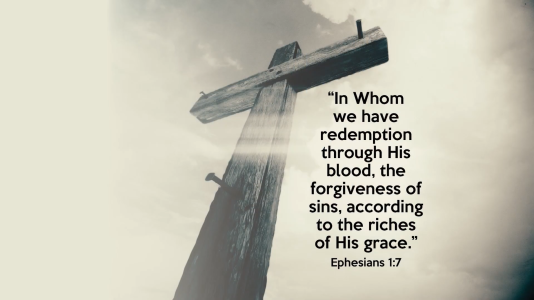Titus
Active Member
Thanks for answering. As we walk in the light as God is light we are not seperated from God.It is the difference between willful sin and unintentional sin. It is of the heart.
Willful sins lead to death. God provides a sacrifice for unintentional sin as we walk in the Spirit and are saved.
Luke 12:47-48,
- and that servant which knew the Lords will and prepared not himself neither did according to His will shall be beaten with many stripes.
- but he that knew not and did commit things worthy of stripes shall be beaten with few stripes
For unto whomsoever much is given of him shall be much required and to whom men have committed much of him they will ask the more
Though ignorant the man was still accountable for his sins. He was punished for them.
Therefore ignorance does not excuse a man from his sins.
God cannot be in the presence of evil.
Therefore God cannot be with anyone who is in sin.
When we sin, sin is darkness. Opposite of purity. God is morally pure. John describes God as light.
1John 1:5,
- God is light and in Him is no darkness at all.
Can one commit sin and be light?
Not possible all sin is in darkness.
- if we say we we have fellowship with Him yet walk in darkness we lie and do not practise the truth
- but if we walk in the light as He is in the light we have fellowship with one another and the blood of Jesus Christ cleanses us from all sin
John 3:19-20,
- this is the judgement that the Light has gone into the world and men loved the darkness rather than the Light for their works were evil for everyone who does evil hates the Light and does not come to the Light for fear that his works will be exposed
Ephesians 4:18,
- being darkened in their understanding excluded from the life of God because of the IGNORANCE THAT IS IN THEM because of the hardness of their heart
Psalm 82:5,
- They do not know nor do they understand they walk in darkness, all the foundations of the earth are shaken

